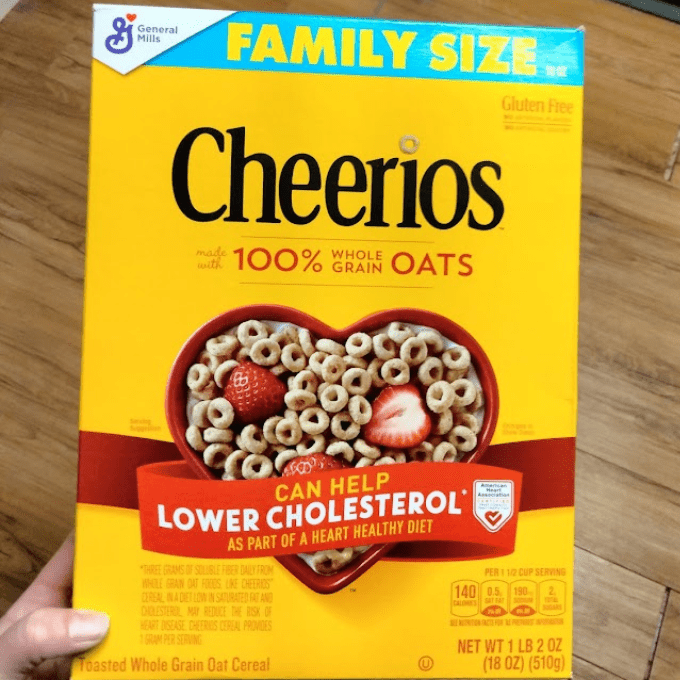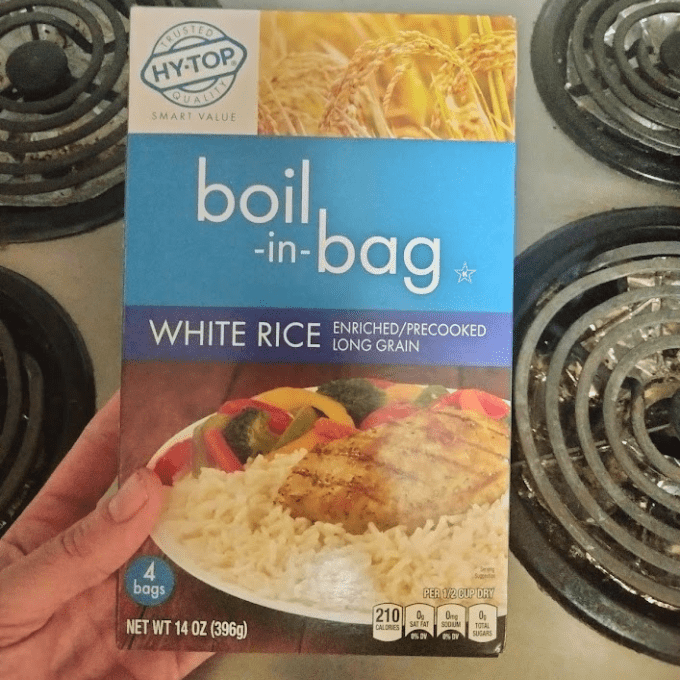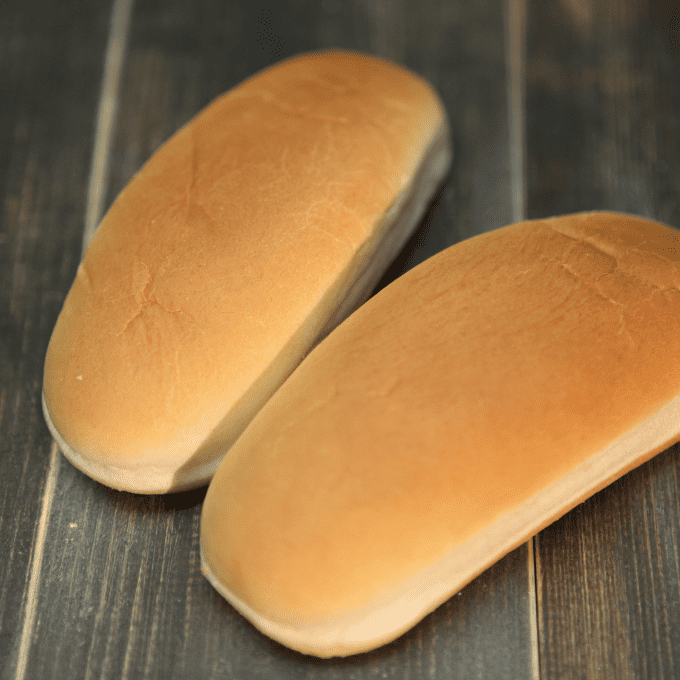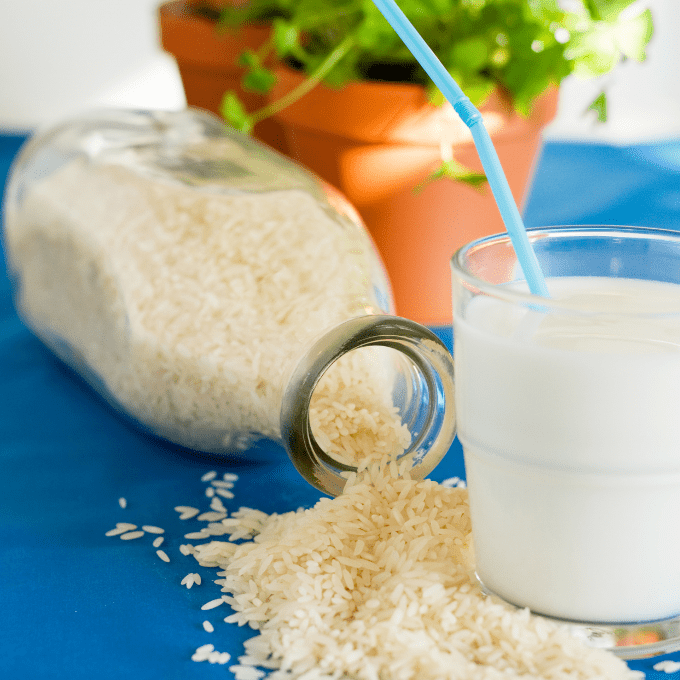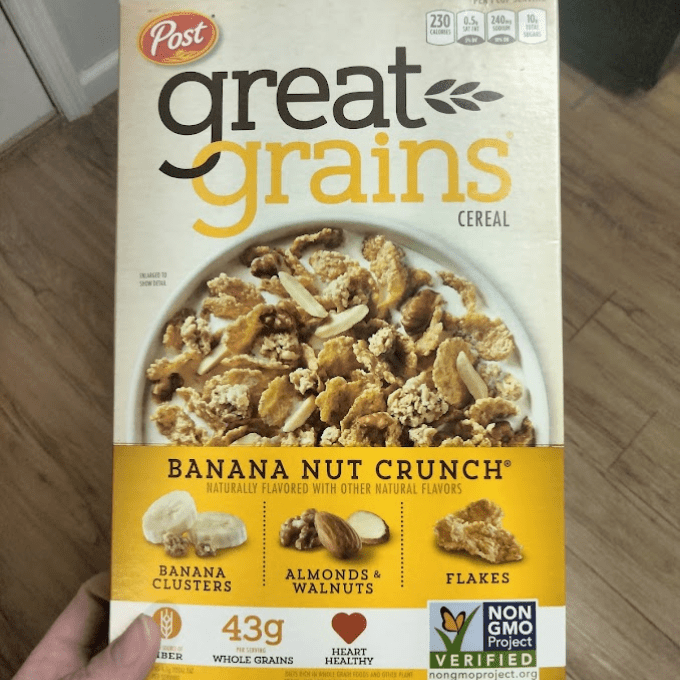Can I eat expired Oyster Crackers?
Oyster crackers are fun toppers for chili, stews, or soups, but they can also be a toddler friendly snack. Both of my kids love to munch on a handful of oyster crackers at snack time.
Just like with any other toddler snack, they may love oyster crackers one week and can’t stand them for a couple weeks, so we sometimes end up with crackers coming up on expiration date. Let’s find out everything we can about eating expired oyster crackers!

Do oyster crackers go bad?
All crackers will eventually go bad, but with good storage they can last for a very long time. Since oyster crackers are mainly made from white or wheat flour, some oil, and salt there is not a lot of ingredients to go “bad”.
The major concern with oyster crackers is air and moisture. If you hold up an oyster cracker you will see that it mostly has a smooth top and bottom and them around the edges is a more porous.
Those porous areas can absorb moisture and dry out if left in open air. The main issue is to make sure that the crackers are stored in an airtight container to keep air and moisture out.
We typically use a chip clip or twist tie to keep the bag sealed, but you can also use a plastic container with a snug fitting lid.
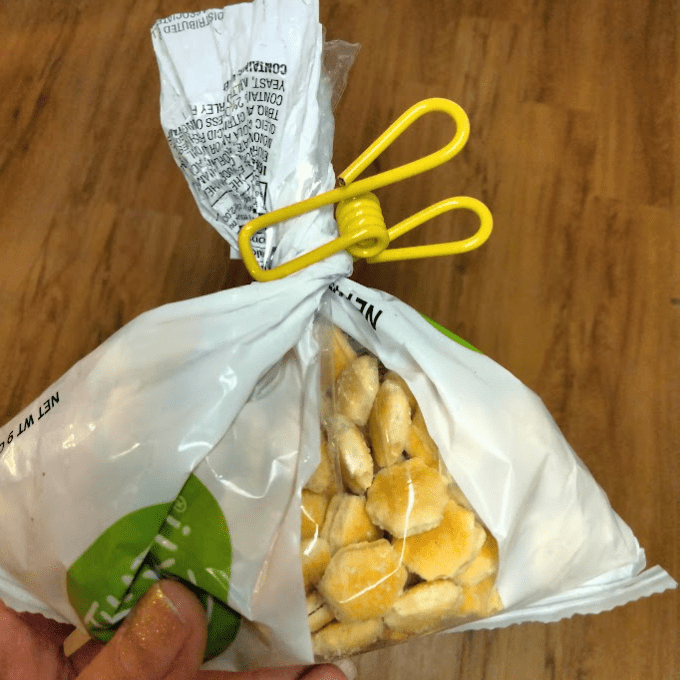
How long are oyster crackers good for?
Depending on the maker of the oyster crackers, the “expiration date” or best by” date can vary. Typically, the date is about 6 months to a year after the crackers are packaged.
Oyster crackers do not go bad as soon as the expiration date or best if used by date hits. These dates are more about “best quality” and inventory and not a measure of how long crackers are safe to eat.
Oyster crackers that are unopened are not exposed to air and moisture and can last longer than the expiration date and be safe to eat.
Most of the time, it is once the crackers are opened that the quality starts to degrade. Oyster crackers that are exposed to open air for long periods of time can become hard, brittle, and stale tasting.
The crackers can also absorb any funky smells in your kitchen, so if you fry fish and happen to have your crackers out, they can pick up some of that fishy smell.
Crackers that absorb moisture or humidity from the air, can lose their crunchy texture and feel moist or squishy. If you notice that your crackers tend to stick together or seem mushy, it is best to throw them away.
Oyster crackers that are stored in airtight containers or with a twist tie like we do, can easily last for a couple of months after being opened.
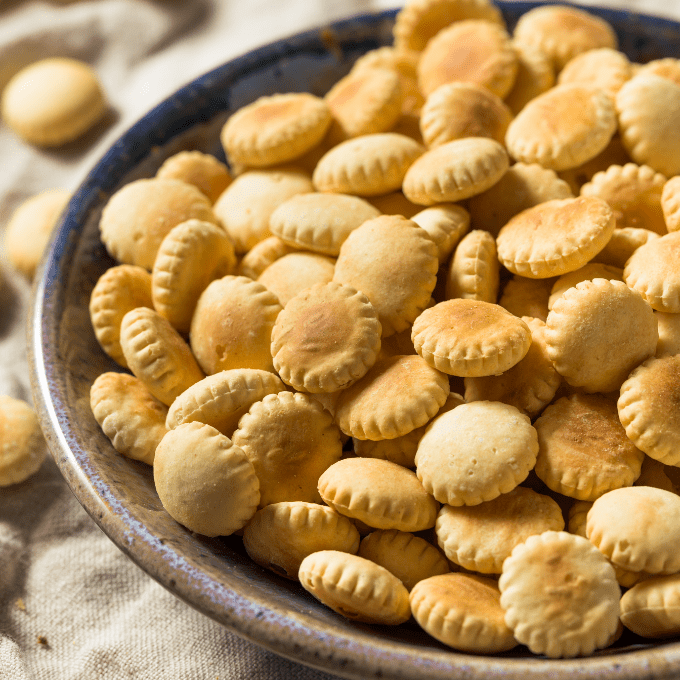
What happens if you eat expired oyster crackers?
If you happen to eat an expired oyster cracker, you may not notice anything at all. Usually, the first sign that an oyster cracker is old, is that it will taste stale and may have a harder texture than normal.
A fresh oyster cracker has a texture similar to a Saltine cracker but tastes less salty. Oyster crackers should have some crunch but shouldn’t be rock hard.
If your oyster crackers have been exposed to air and moisture, they can start to grow mold or bacteria. These can make you sick with mild symptoms if you eat a few, or more severe symptoms if you eat a lot.
Thankfully, oyster crackers with mold or bacteria typically have visual clues like visible mold, soft texture, sticking together, or have a horrible off smell. Our bodies are not designed to keep eating food that tastes bad so it’s unlikely that you will eat a whole lot of bad oyster crackers.
One fun fact about oyster crackers is that there are no oysters used to make them. They get their name because they are typically served with oyster stews or chowders.
Before adding oyster crackers to your soup bowl, you should always take a sniff and quick look at the crackers first to make sure there are no signs of mold or bacteria.
By doing this before you add them to your bowl, it will help you determine if any off or bad flavor is coming from the cracker or the soup!
As long as oyster crackers are stored well in an airtight container, they can last for months up to a year past expiration date. Always use your best judgement based on appearance, smell, and taste.
If any of these seems off, it is best to go ahead and throw them away or add them to your compost bin.
For more information about expired foods, check out “Can you eat expired Whole Wheat Tortillas?” and “Can you eat expired Kix Cereal?“

